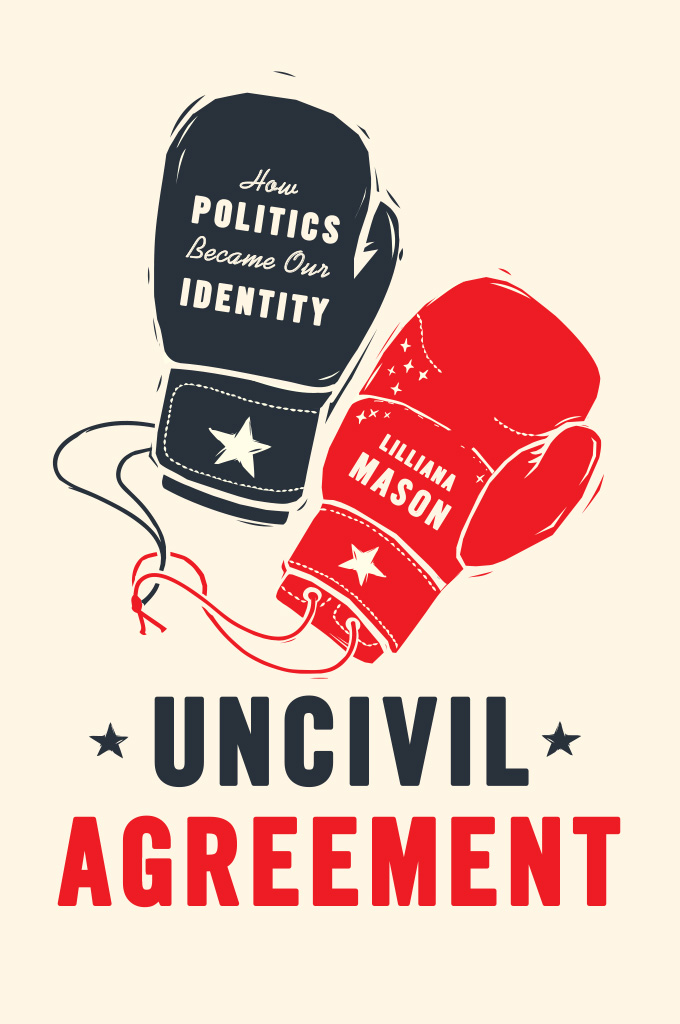
Uncivil Agreement
Uncivil Agreement
How Politics Became Our Identity
Lilliana Mason
The University of Chicago Press
Chicago and London
The University of Chicago Press, Chicago 60637
The University of Chicago Press, Ltd., London
2018 by The University of Chicago
All rights reserved. No part of this book may be used or reproduced in any manner whatsoever without written permission, except in the case of brief quotations in critical articles and reviews. For more information, contact the University of Chicago Press, 1427 East 60th Street, Chicago, IL 60637.
Published 2018
Printed in the United States of America
27 26 25 24 23 22 21 20 19 18 1 2 3 4 5
ISBN-13: 978-0-226-52440-5 (cloth)
ISBN-13: 978-0-226-52454-2 (paper)
ISBN-13: 978-0-226-52468-9 (e-book)
DOI: 10.7208/chicago/9780226524689.001.0001
Library of Congress Cataloging-in-Publication Data
Names: Mason, Lilliana, author.
Title: Uncivil agreement : how politics became our identity / Lilliana Mason.
Description: Chicago ; London : The University of Chicago Press, 2018. | Includes bibliographical references and index.
Identifiers: LCCN 2017046162 | ISBN 9780226524405 (cloth : alk. paper) | ISBN 9780226524542 (pbk. : alk. paper) | ISBN 9780226524689 (e-book)
Subjects: LCSH: Party affiliationUnited States. | Political partiesUnited States. | Political activistsUnited States. | United StatesPolitics and government21st century.
Classification: LCC JK2271 .M312 2018 | DDC 324.273dc23
LC record available at https://lccn.loc.gov/2017046162
 This paper meets the requirements of ANSI/NISO Z39.48-1992 (Permanence of Paper).
This paper meets the requirements of ANSI/NISO Z39.48-1992 (Permanence of Paper).
Contents
First and foremost I thank the people of the University of Chicago Press for working tirelessly to help this book come into the world. John Tryneski kept this project alive, and Chuck Myers made it real. The anonymous reviewers of the manuscript made it much, much better.
The National Science Foundation funded a portion of my research under grant no. SES-1065054. This made my data collection possible.
None of this work would have happened without the help of my graduate advisors Stanley Feldman and Leonie Huddy, whose continuing advice, support, and faith in me were at times what kept me writing.
My deep and endless thanks go to Rick Lau, who read every chapter of the first draft of this book, providing crucial and insightful guidance and wisdom, and also a desk to write from.
Profound thanks go to many years of attendees of the New York Area Political Psychology meeting, particularly those who commented directly on a distilled version of the theory presented here, including John Bullock, Adam Levine, George Marcus, Tali Mendelberg, Diana Mutz, and Julie Wronski.
To the attendees of the National Capital Area Political Science Association, I thank you for your welcome and your feedback.
For inviting me to their home institutions to present many of these ideas, I am extremely grateful to Nick Valentino, Ted Carmines, Hans Noel, Jon Ladd, Jaime Settle, Carin Robinson, Sean Westwood, Cornell Clayton, and Torben Ltjen.
I would like to thank discussants and reviewers of many versions of the ideas presented here, including those at the University of Gttingen Symposium on the 2016 Elections, the Foley Institute Symposium, the Princeton Center for the Study of Democratic Politics, the University of Michigan Center for Political Studies, the Indiana University Center on American Politics, the Georgetown American Government Seminar, and the University of Maryland American Politics Workshop.
For being reliable and kind colleagues, I thank my mentors Antoine Banks, Mike Hanmer, and Frances Lee, as well as the rest of the extremely supportive Department of Government and Politics at the University of Maryland.
To Bill Bishop, my fairy godfather, you found my research out in the wilds of academic scholarship and helped me spread the word.
For one surprise email early on in this process, I thank Morris Fiorina, who helped me believe that this whole idea was worthwhile.
To my parents: you are the reason I chose academia, and your continuing encouragement and support make every day possible. To my brothers, Joe and Keith: your talented ears helped me write this book in my own voice.
And beyond all others, I thank the people who truly sacrificed their time and my attention. To my familyDave, Penny, and Mabel: you are the reason I write and the reason I can. This book is dedicated to you. To my daughters in particular: your curiosity, endless enthusiasm, and faith give me hope for the next generation of Americans. Its up to you to fix this. I cant think of anyone more qualified.
Identity-Based Democracy
In the summer of 1954, the social psychologist Muzafer Sherif and his colleagues recruited twenty-two fifth-grade boys from Oklahoma City and sent them to two adjacent campsites in Robbers Cave State Park. The boys were carefully selected to be nearly identical to each other in social, educational, physical, and emotional fitness. They were all white, Protestant, and middle class. None had ever met the others before. They were carefully divided into two equal-sized teams, designed to be similar to each other in every possible way. The two teams came to call themselves the Eagles and the Rattlers, and without knowing it they participated in a three-week-long psychological experiment.
During the first week, the teams were kept separate. The boys on each team grew to know each other and to form, from scratch, a sense of being a group. In the second week, each team learned of the others existence. Having never laid eyes on the other team, the boys on each side immediately began referring to the others as outsiders, intruders, and those boys at the other end of the camp. They grew impatient for a challenge. The experimenters arranged a tournament between the Eagles and the Rattlers. When they came into contact for the very first timeto play baseballa member of the Eagles immediately called one of the Rattlers dirty shirt. By the second day of the tournament, both teams were regularly name-calling and using derogatory terms such as pigs, bums, and cheaters, and they began to show reluctance to spend time with members of the other team. Even boys who were compelled to sit out the competitions hurled insults from the sidelines.
In the next few days, the relations between the teams quickly degraded. The Eagles burned the Rattlers flag. The Rattlers raided the Eagles cabin in the middle of the night. The Eagles raided the Rattlers cabin in the middle of the day. Boys from both sides began to collect rocks to use in combat, fistfights broke out, and the staff decided to stop the interaction altogether to avoid possible injury (Sherif et al. 1988, 115). They were sent back to their separate camps. By the end of the second week, twenty-two highly similar boys who had met only two weeks before had formed two nearly warring tribes, with only the gentle nudge of isolation and competition to encourage them.
By the start of the third week, the conflict had affected the boys abilities to judge objective reality. They were given a task to collect as many beans off the ground as possible. Each boys collection was viewed by both groups on an overhead projector for five seconds. The campers were asked to quickly estimate the number of beans collected by each child. Every boy estimated more beans for their own teammates than for the children on the opposing team. The experimenters had shown them the same number of beans every time.
Next page
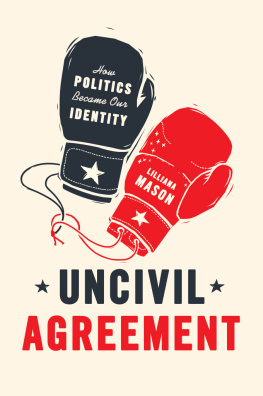

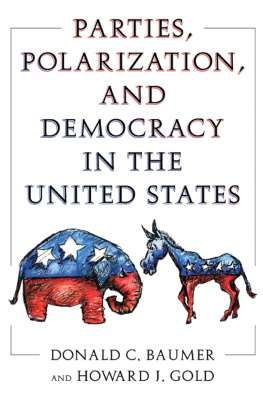
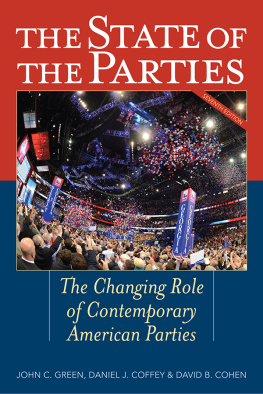

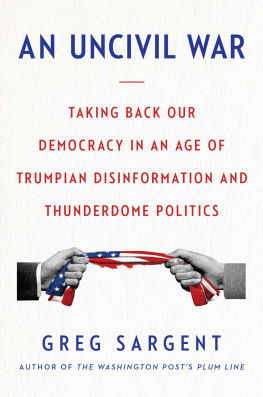
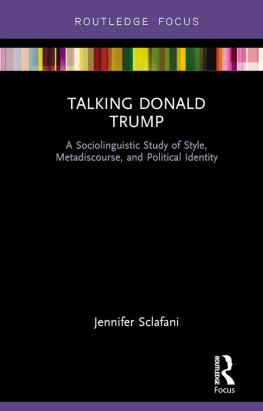


 This paper meets the requirements of ANSI/NISO Z39.48-1992 (Permanence of Paper).
This paper meets the requirements of ANSI/NISO Z39.48-1992 (Permanence of Paper).